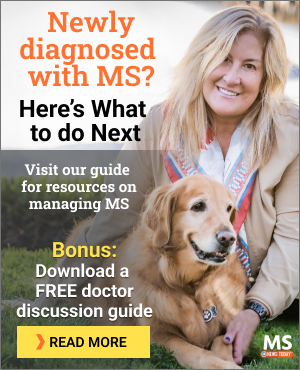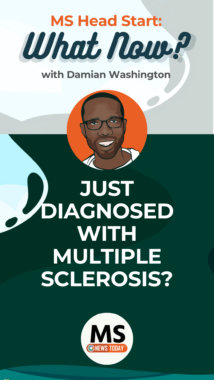#MSVirtual2020 – Disability Level and DMT Use Don’t Raise COVID-19 Risk, UK Study Finds
When safety measures like isolation are in place, neither disease-modifying therapy (DMT) use nor greater physical disability appear to heighten the risk of people with multiple sclerosis (MS) contracting COVID-19, a large U.K. registry-based study found. Preliminary study data also suggested that these factors do not affect…


